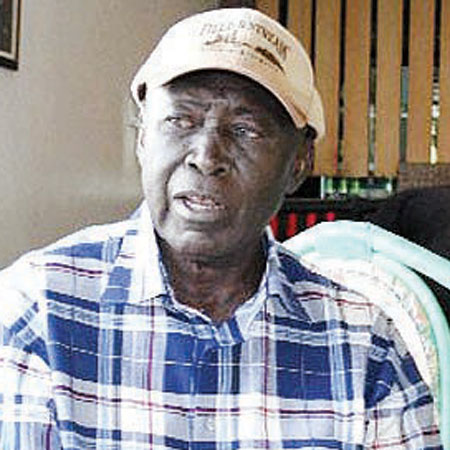×
The Standard e-Paper
Stay Informed, Even Offline
 |
| The late Professor William Robert Ochieng’. [PHOTO: COURTESY/STANDARD] |
By PETER NDEGE
The passing on of Professor William Robert Ochieng’ provides an occasion for assessing this great intellectual contribution to the development of Kenya’s historiography, the very history of historical writing in Kenya, in at least three fundamental senses: the critique of appropriate sources, methodologies and theories.